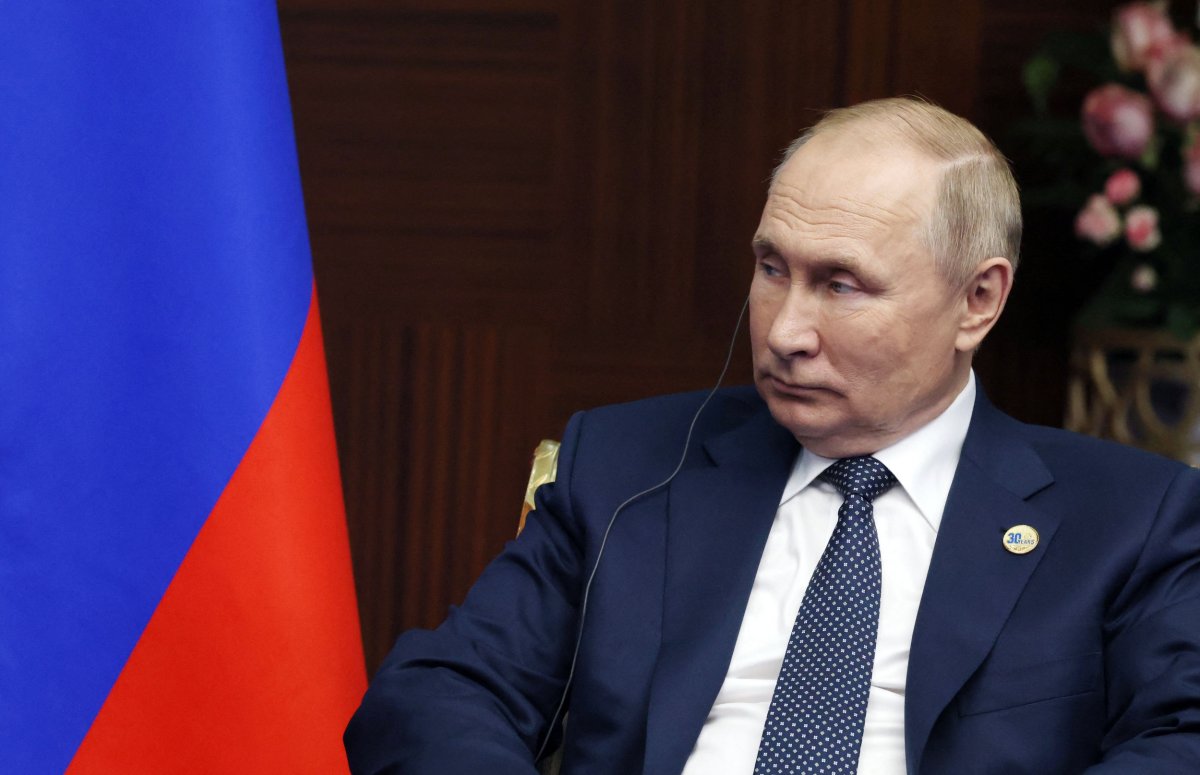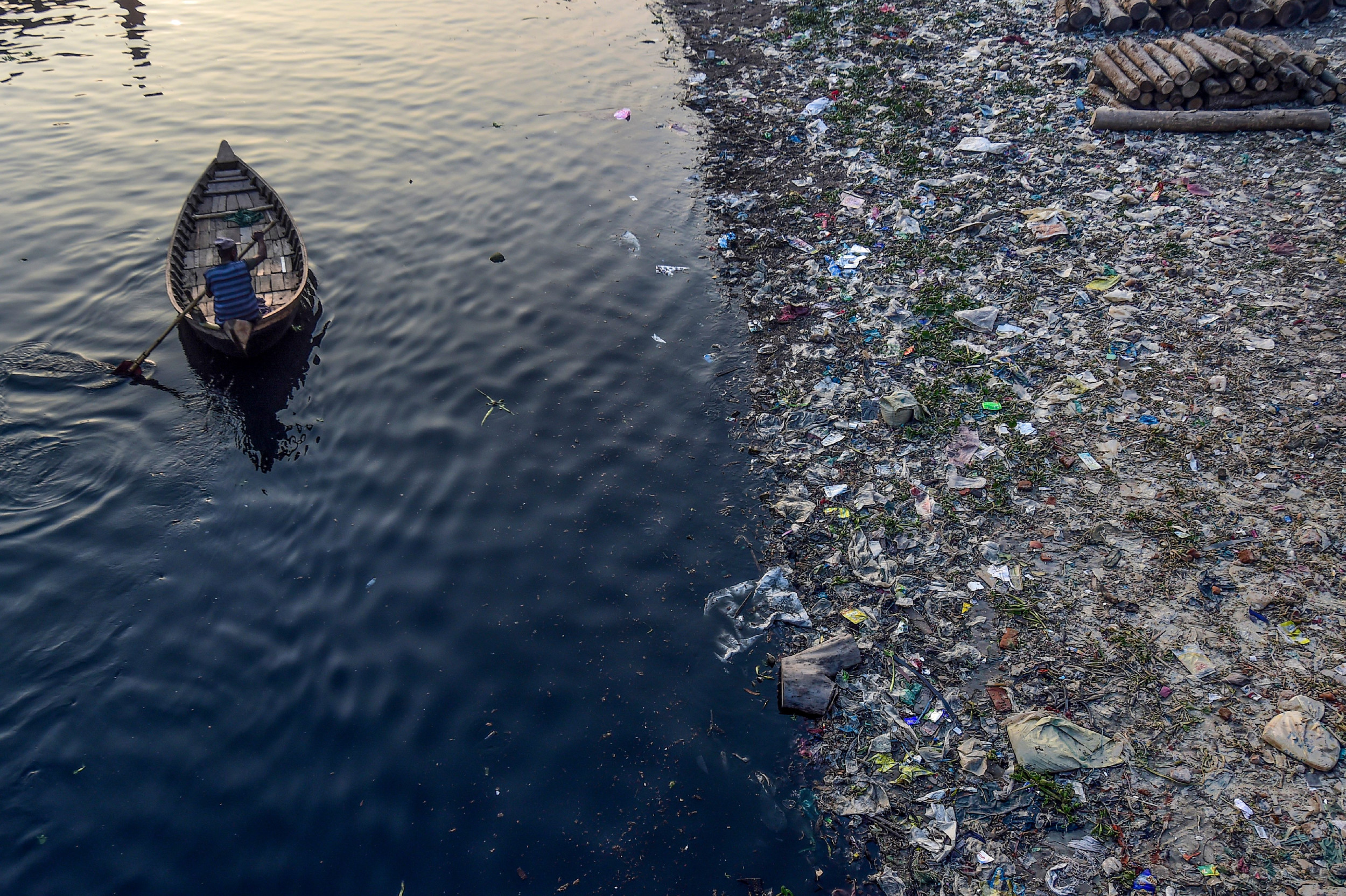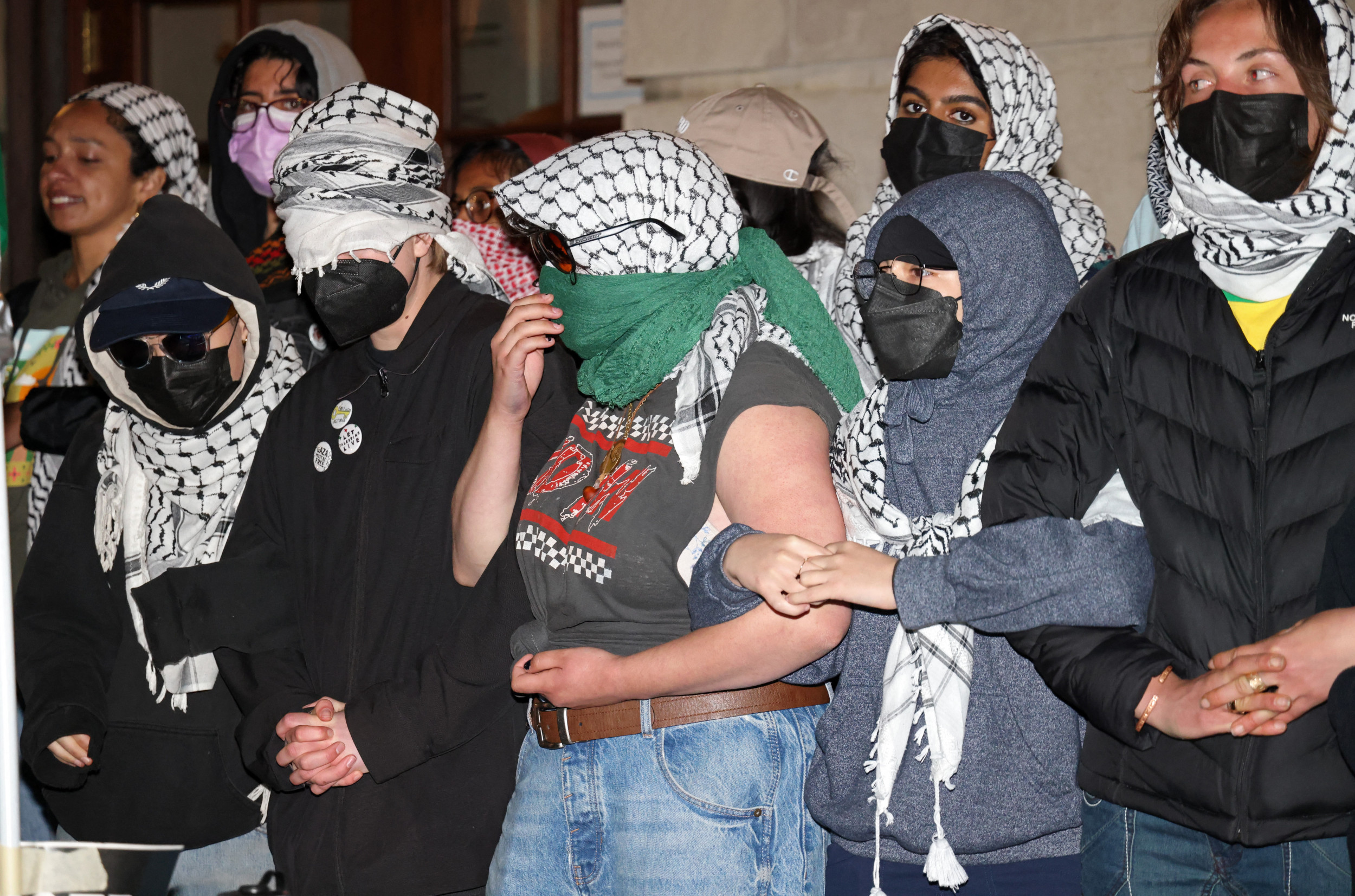Michael McFaul, the former U.S. ambassador to Russia, knocked Russian President Vladimir Putin's "old school" view of global affairs on Sunday.
Putin launched his "special military operation" on Ukraine more than nine months ago, aiming for a quick victory against his Eastern European neighbor. However, Ukraine's spirited defense effort, bolstered by Western military aid, has blunted Russia's military gains, allowing Ukraine to retake thousands of square miles of territory throughout the fall.
As the invasion continues to falter, some analysts are questioning what the end of the war looks like and whether Putin will agree to meet Ukrainian President Volodymyr Zelensky at the negotiation table to end the deadly conflict.
However, McFaul, who served as ambassador from 2012 to 2014, tweeted on Sunday that Putin views taking over Ukrainian territory as essential to his "path of glory," criticizing his "old school" thinking.

"Putin is old school. He believes that conquering territory is the path to glory. We can't allow that old school thinking to prevail," he wrote.
Putin is old school. He believes that conquering territory is the path to glory. We can't allow that old school thinking to prevail.
— Michael McFaul (@McFaul) December 11, 2022
The invasion of Ukraine was widely condemned by the West as a violation of modern international norms. World leaders have rarely launched wars to expand their territory in recent decades. Meanwhile, the international community raised concerns about a lack of justification for the invasion, as well as alleged human rights abuses since the war began in late February.
Initially, the Kremlin said the war was not intended to take over Ukrainian territory—but that it was only seeking to "liberate" the Donbas region, an area of Ukraine home to separatist groups. These claims were always doubted by other world leaders, however, with Russia announcing this past fall that it would annex some regions of Eastern Ukraine.
Last week, Kremlin spokesman Dmitry Peskov appeared to set limitations as to how much territory Russia would take from Ukraine, acknowledging that Moscow has only annexed four territories—Donetsk, Luhansk, Zaporizhzhia and Kherson—following referendums dismissed as illegitimate by the West. Peskov said there have been no talks about expanding goals beyond those territories.
The Institute for the Study of War (ISW) recently assessed that Russia "likely has not abandoned its maximalist objectives in Ukraine."
"The Kremlin's objectives, in other words, continue to remain unchanged from those set following the Russian withdrawal from Kyiv," the ISW wrote in its assessment. "Peskov's comments were not an inflection in Russian war aims or demands."
Other experts have also emphasized the importance of conquest for Putin. German Chancellor Olaf Scholz said during remarks at an event in Potsdam, Germany, that Putin is very clear about his intent of taking territory from Ukraine.
"Whenever I speak with Putin he says very clearly that for him it is about conquering something," Scholz said, according to EuroNews. "He simply wants to conquer part of Ukrainian territory with violence."
Putin also allegedly compared himself to Russian Tsar Peter the Great during a meeting with the Presidential Council for the Development on Civil Society and Human Rights on Wednesday, invoking Russia's imperialist history. The ISW wrote that his reference "explicitly frames Putin's current goals in Ukraine as overtly imperialistic and still maximalist."
Newsweek reached out to the Russian Foreign Affairs Ministry for comment.
Uncommon Knowledge
Newsweek is committed to challenging conventional wisdom and finding connections in the search for common ground.
Newsweek is committed to challenging conventional wisdom and finding connections in the search for common ground.
About the writer
Andrew Stanton is a Newsweek weekend reporter based in Maine. His role is reporting on U.S. politics and social issues. ... Read more
To read how Newsweek uses AI as a newsroom tool, Click here.








